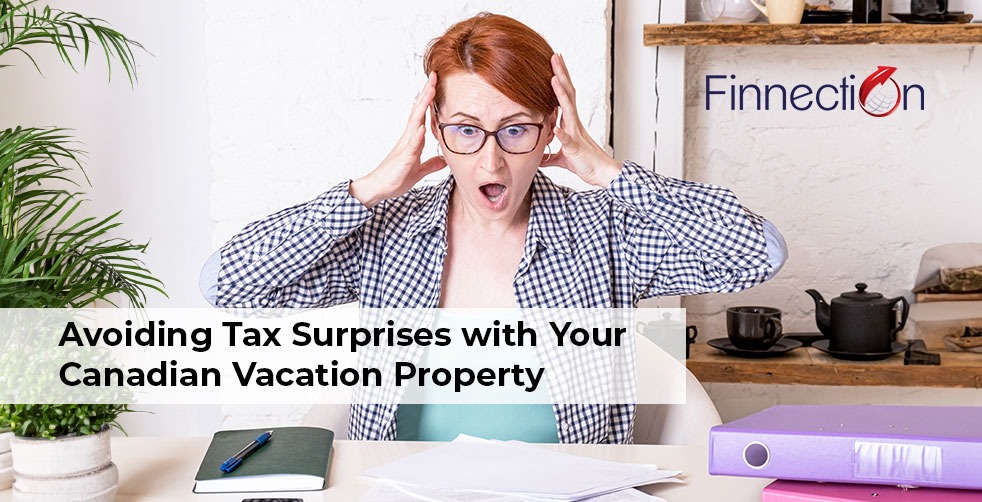Owning a vacation property in Canada can be a dream, but it’s essential to understand the tax implications to prevent unexpected costs. Let’s break down the key tax considerations for both buying and selling a vacation home.

Buying a Vacation Property
- Property Taxes: These vary significantly across provinces and municipalities. Research local tax rates before purchasing to budget accordingly.
- GST/HST: If you purchase a newly constructed property or a resale property from a registered GST/HST vendor, you’ll likely have to pay this tax. Understand the implications and explore potential rebates.
- Rental Income: If you plan to rent out your property, you’ll need to report rental income and expenses. Consult with a tax professional to determine your obligations and potential deductions.
Selling a Vacation Property
- Capital Gains Tax: When you sell your vacation property, you may owe capital gains tax on any profit. However, if you’ve lived in the property for at least one year out of the last four, you can claim the principal residence exemption for that period.
- Rental Income and Expenses: If you’ve rented out your property, you’ll need to reconcile rental income and expenses before calculating your capital gain.
- GST/HST Rebate: If you’ve claimed GST/HST credits on renovation expenses, you may need to repay a portion when you sell.
- Provincial Transfer Taxes: These taxes vary by province and apply to property transfers. Factor them into your selling costs.
Additional Tips
Keep Detailed Records: Maintain meticulous records of property expenses, rental income, and usage. This documentation will be crucial when filing your taxes.
Consult a Tax Professional: Tax laws can be complex, especially for vacation properties. Seeking advice from a tax professional can save you money and headaches.
Understand Provincial Differences: Tax rules vary significantly between provinces, so ensure you understand the specific regulations for your property’s location.
By understanding these key factors and seeking professional advice, you can minimize tax surprises when buying or selling a Canadian vacation property. Remember, tax laws can change, so it’s essential to stay informed and consult with a tax expert regularly.
If you have any questions regarding Tax Filing, feel free to contact finnection via email at info@finnection.ca or call us at (647) 795-5462
Disclaimer: Above information is subject to change and represent the views of the author. It is shared for educational purposes only. Readers are advised to use their own judgement and seek specific professional advice before making any decision. Finnection Inc. is not liable for any actions taken by reader based on the information shared in this article. You may consult with us before using this information for any purpose.
